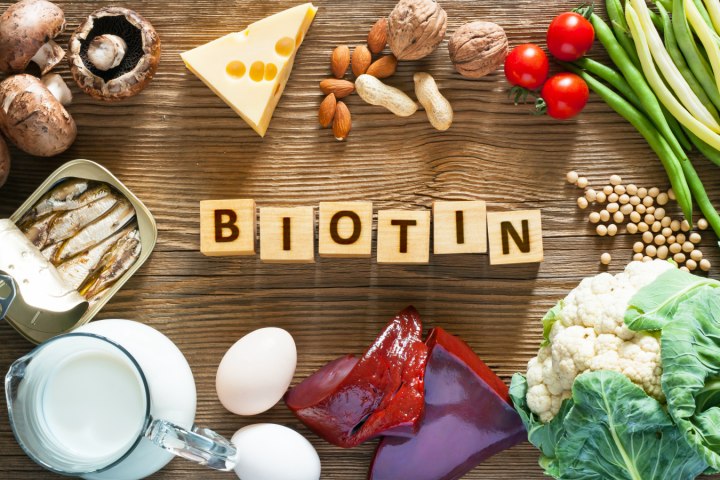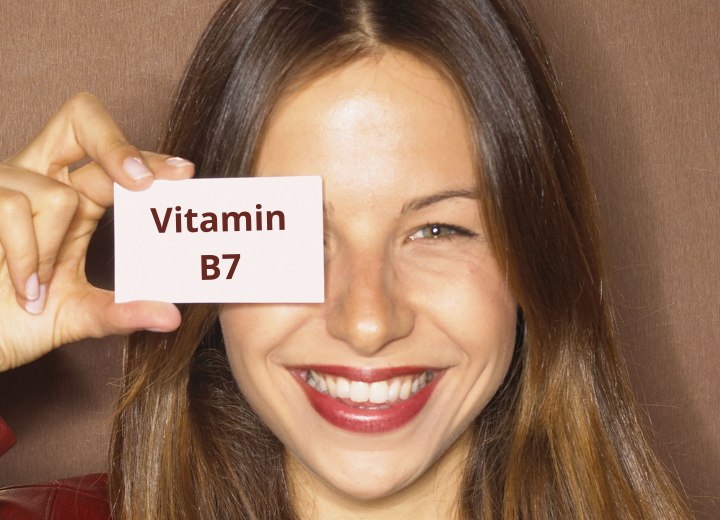Hair Loss and the Benefits of Biotin

Although it is not only hair that requires the assistance of biotin, as the vitamin plays a vital role in maintaining the overall health of skin and nails and assists in the metabolism of proteins, minerals, and fats. Its most outstanding proclivity is, however, biotin's proficiency at strengthening the hair, preventing hair loss, and promoting regrowth.
Biotin is part of the vitamin B family and is most prevalent in eggs and liver. Milk, cheese, butter, cauliflower, bananas, bran, mackerel, salmon, brown rice, soy beans, oats, walnuts, green beans and sunflower seeds also contain the vitamin biotin. Its presence in food is, however, relatively low, and it is recommended that a 5-mg supplement be taken daily to help maintain healthy hair production and encourage growth.
Biotin supplements are not the only way to get an additional source of the super vitamin for the hair, in order to stimulate the follicles and help prevent hair loss. Some shampoos and conditioners contain biotin and are useful in tacking hair loss for two reasons.
Firstly, when biotin hair products are massaged into the scalp, they unblock clogged hair follicles and stimulate the shafts, allowing hair to breathe more easily and promoting healthy hair production and growth. Secondly, when the shampoo or conditioner penetrates deeply into the shaft of the hair, it expands the hair, making it appear thicker and fuller.

There is a certain group of people taking certain forms of medication who are unable to fully absorb B complex vitamins, thus unable to reap the benefits of vitamins such as biotin, making them more likely to suffer from hair loss. People with blood type A are unable to absorb B vitamins properly.
To maintain healthy hair and help prevent hair loss, it is recommended that people with blood type A take between 5 and 8 mg of biotin daily. Likewise, people who suffer from heartburn, GERD, or acid reflux and are taking antacid tablets to relieve the problem may also not be as capable of absorbing vitamin B as somebody not taking antacids. An increased daily dose of biotin is therefore recommended to prevent hair loss due to biotin deficiency.
While there are many causes of hair loss, the single biggest cause is hereditary. It is unlikely that biotin will counteract our irreversible, genetically programmed future. It may, however, prolong the inevitable, provide a pleasingly illusory fuller head of hair, and, with some temporary causes, such as hair loss due to stress or hormonal imbalances, biotin, the superfood for hair, may actually prevent hair loss from occurring.
©Hairfinder.com
See also:
Hair loss treatment
Can hair loss be prevented?
Natural solution to hair loss